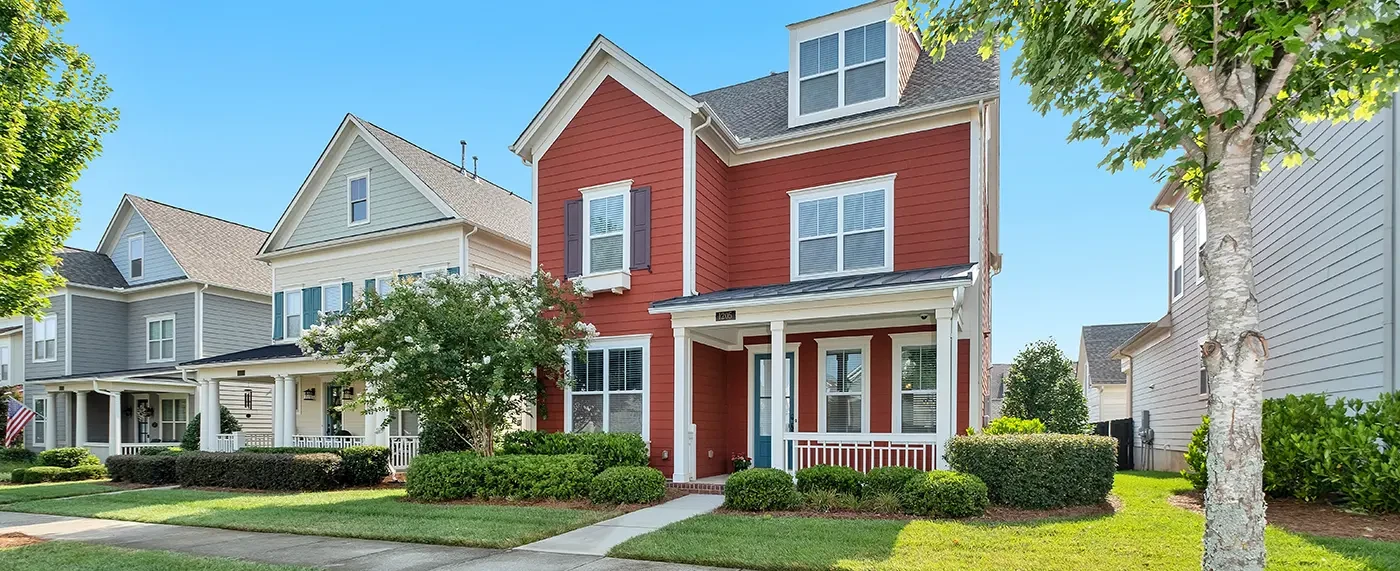Yes. Homeowners Associations (“HOA”) in California are non-profit, mutual benefit corporations. Like any corporation, HOAs can be challenged through dispute resolution and by filing a lawsuit.
HOAs and the homeowners that live in them are governed by and subject to the governing documents of the association and the Davis-Stirling Act, the statutory framework that governs HOAs in California. “‘Governing documents’ means the declaration [i.e., CC&Rs] and any other documents, such as bylaws, operating rules, articles of incorporation, or articles of association, which govern the operation of the common interest development or association.” (Civil Code § 4150.) Technically, CC&Rs and other governing documents are not contracts, but they are governed by contract principles and enforceable by statute unless unreasonable. (Pinnacle Museum Tower Assn. v. Pinnacle Market Development (US) LLC (2012) 55 Cal.4th 223, 237, 240; see Civil Code § 5975.) Settled principles of HOA law establish that an HOA, like its homeowners, are obligated to follow the terms of its governing documents. (Pinnacle Museum Tower, supra, 55 Cal.4th at 239; see Civil Code § 5975(a); Lamden v. La Jolla Shores Clubdominium Homeowners Assn. (1999) 21 Cal.4th 249, 268.) Put differently, if an HOA isn’t following its own governing documents or the law, a homeowners may challenge the HOA.
In most cases, however, neither the HOA nor the homeowner may file a lawsuit unless they have first participated in dispute resolution. (Civil Code § 5910.1; Civil Code § 5930(a).)
Dispute Resolution
In enacting the Davis-Stirling Act, the California legislature created a statutory framework that prefers dispute resolution over litigation. In an HOA context, dispute resolution generally takes two forms: (i) Internal Dispute Resolution (“IDR”) and (ii) Alternative Dispute Resolution (“ADR”).
IDR (sometimes called a “meet and confer”) is meant to be a “fair, reasonable, and expeditious dispute resolution procedure” that either the HOA or the homeowner may request and must be free for the homeowner. (Civil Code § 5910.) While a homeowner is not required to participate in IDR if it is requested by the HOA, the HOA must participate if IDR is requested by the homeowner. (Civil Code § 5910(c); Civil Code § 5915(b)(2).)
Unless an HOA has its own written IDR procedures, Civil Code section 5915 establishes the procedures for IDR. Civil Code section 5915 provides that:
(a) The procedure may be invoked by either party to the dispute. A request invoking the procedure shall be in writing.
(b) The procedure shall provide for prompt deadlines. The procedure shall state the maximum time for the association to act on a request invoking the procedure.
(c) If the procedure is invoked by a member, the association shall participate in the procedure.
(d) If the procedure is invoked by the association, the member may elect not to participate in the procedure. If the member participates but the dispute is resolved other than by agreement of the member, the member shall have a right of appeal to the board.
(e) A written resolution, signed by both parties, of a dispute pursuant to the procedure that is not in conflict with the law or the governing documents binds the association and is judicially enforceable. A written agreement, signed by both parties, reached pursuant to the procedure that is not in conflict with the law or the governing documents binds the parties and is judicially enforceable.
(f) The procedure shall provide a means by which the member and the association may explain their positions. The member and association may be assisted by an attorney or another person in explaining their positions at their own cost.
(g) A member of the association shall not be charged a fee to participate in the process.
(Civil Code § 5915.)
ADR is typically more formal than IDR. To request ADR, the complaining party must serve on all other parties to the dispute “Request for Resolution” by personal delivery, first-class mail, express mail, fax, or by any other means that will reasonably ensure they get the Request for Resolution. The Request for Resolution must include all of the following:
(1) A brief description of the dispute between the parties.
(2) A request for alternative dispute resolution.
(3) A notice that the party receiving the Request for Resolution is required to respond within 30
days of receipt or the request will be deemed rejected.
(4) If the party on whom the request is served is the member, a copy of this article.
(Civil Code § 5935.) If the HOA accepts the Request for Resolution, the parties will engage in ADR to try to resolve the dispute. If the HOA rejects the Request for Resolution or doesn’t respond within 30 days, the homeowner now has the ability to sue the HOA.
In most cases, ADR takes the form of mediation, though sometimes it can take the form of arbitration. Mediation is a voluntary, non-binding form of dispute resolution. If the HOA and the homeowner agree to participate in mediation, the parties will hire a neutral third party to act as the mediator. The mediator is typically a retired judge, but attorneys and even non-attorneys can act as mediators. The mediator doesn’t decide how the dispute should be resolved. Instead, the mediator facilitates discussions between the parties to help them reach a resolution. If the HOA and the homeowner are able to resolve the dispute, the resolution is usually memorialized with a written resolution or settlement agreement signed by both parties.
It’s important for homeowners to remember that because mediation is a voluntary, non-binding process, resolution requires both the homeowner and the HOA to agree to the terms of the resolution. Both parties may propose terms for resolution, but if one or both parties don’t agree to the proposed terms, no resolution will be reached. And the resolution is only binding on both parties if it memorialized in a signed written resolution or settlement agreement, or both parties agree to be bound by the terms.
Homeowners should also be aware that mediation is not free except for in very limited circumstances. The mediator is paid for their time. In most cases, the cost of mediation is split between the HOA and the homeowner member.
In rare cases, ADR will take the form of arbitration. Unlike mediation, if the homeowner and the HOA both agree to arbitration, the parties will submit the dispute to an arbitrator or panel of arbitrators to make a decision about how the dispute should be resolved. The parties will also need to agree whether the arbitration will be binding or non-binding. If the parties agree to binding arbitration, they will be bound by the decision of the arbitrator(s). If they choose non-binding arbitration, if either party is unhappy with the decision, they may still file a lawsuit.
Like mediation, arbitration is not free, and the parties must pay the arbitrator(s) for their time. The homeowner and the HOA usually split the cost of arbitration.
Filing a Lawsuit
If the parties are not able to resolve their dispute through ADR, either the homeowner or the HOA may file a lawsuit against the other. Sometimes, both the homeowner and the HOA sue each other.
While dispute resolution is usually required before a homeowner may file a lawsuit, homeowners may skip dispute resolution and file a lawsuit right away in specific, limited circumstances.
Specifically, dispute resolution is not required if:
(i) the homeowner is filing their lawsuit in small claims court (Civil Code § 5930(c).); or
(ii) the homeowner is seeking preliminary or temporary injunctive relief. (Civil Code § 5950(a)(3).)
Lawsuits are time consuming and expensive. Talk to one of our HOA and litigation specialists to learn more.

Tell Us About Your HOA Dispute
When you hire LS Carlson Law, you can be assured you’ll be getting an aggressive firm fully dedicated to achieving your legal objectives. Don’t take our word for it, we encourage you to take a look at the numerous five-star client reviews. If you are ready to end the nightmare with your homeowner association, call us now or fill out the form to set an appointment.













